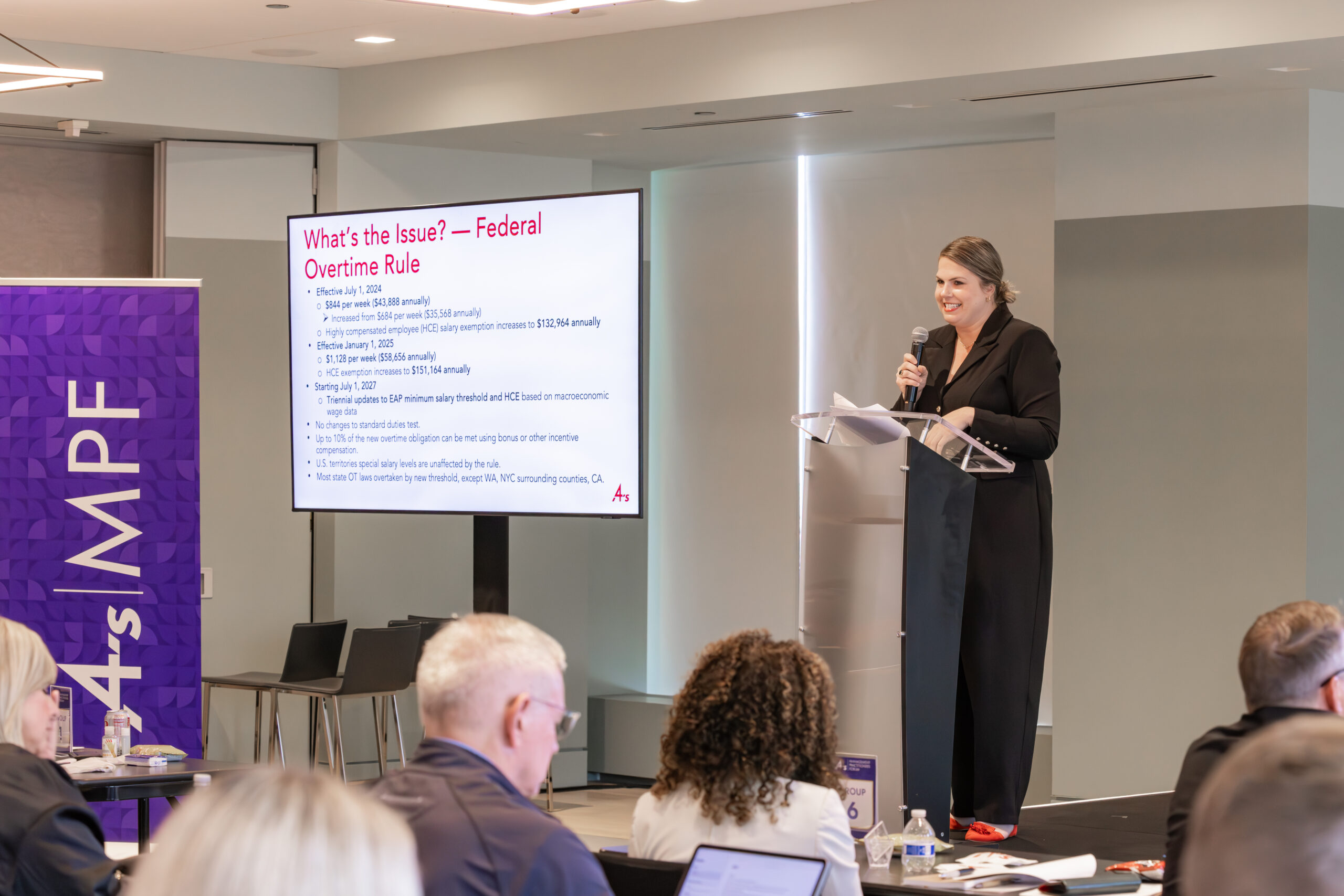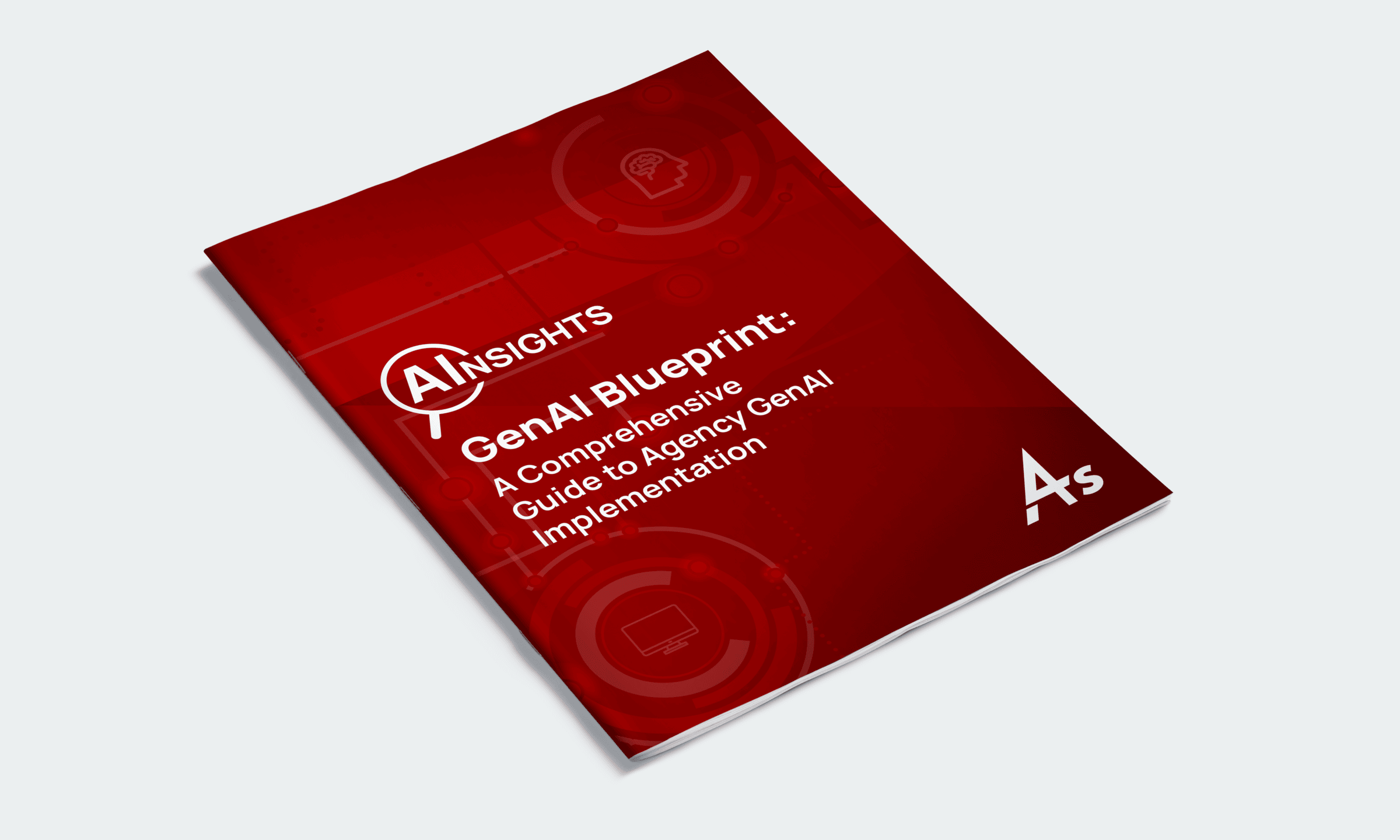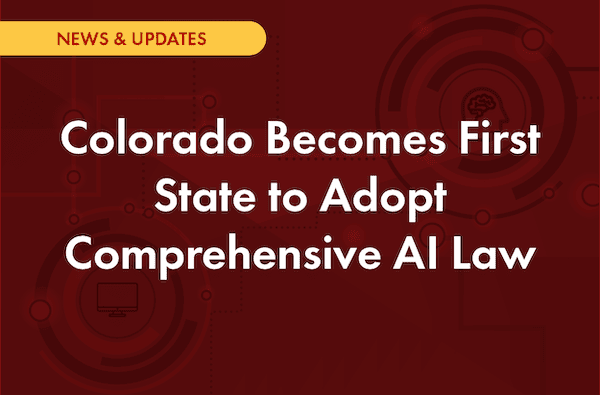The legislative and regulatory landscape surrounding AI labor issues is rapidly evolving, marked by a patchwork of state and local initiatives in the absence of meaningful federal legislation. Despite proposed AI legislation in key areas like national security and education, federal lawmaker interest in comprehensive AI employment regulations remains uncertain.
Concerns over algorithmic bias, data privacy, and worker surveillance are driving these regulatory efforts. State and city laws, such as New York City's Local Law 144, are setting precedents by requiring bias audits for automated employment decision tools used in candidate screening and hiring decisions. These regulations emphasize transparency and accountability, often mandating that employers provide notice to applicants and employees about the use of AI in decision-making processes. Furthermore, states like Colorado are introducing broader AI governance laws that place "reasonable care" requirements on employers using AI systems for significant employment decisions, broadening the scope of regulatory oversight.
Beyond hiring, the use of AI for workplace productivity tracking is also drawing increased lawmaker scrutiny. While technological AI advancements allow for detailed monitoring, concerns about worker privacy and potential for data misuse are prompting legislative responses. Emerging regulations are beginning to address the collection and use of employee data by AI-driven monitoring tools, with a focus on limiting excessive surveillance and ensuring that data is used ethically..
In order to mitigate potential liabilities and ensure regulatory compliance, employers should undertake a systematic evaluation of their AI-driven hiring and employee monitoring processes. This entails conducting rigorous audits to identify and rectify algorithmic biases, meticulously documenting fairness protocols, and iteratively refining hiring algorithms (if the latter is possible). Furthermore, legal experts can help agencies to scrutinize and revise their existing AI policies, guaranteeing alignment with the evolving patchwork of state and local legislation, particularly in the realms of transparency, data protection, and equitable treatment. Finally, the implementation of comprehensive training programs for human resources and compliance personnel is essential to maintain up-to-date knowledge of newly enacted labor-related AI regulations.
State AI Legislation We’re Watching
In the absence of federal action on AI-related labor issues, U.S. states have begun to introduce their own legislation.




